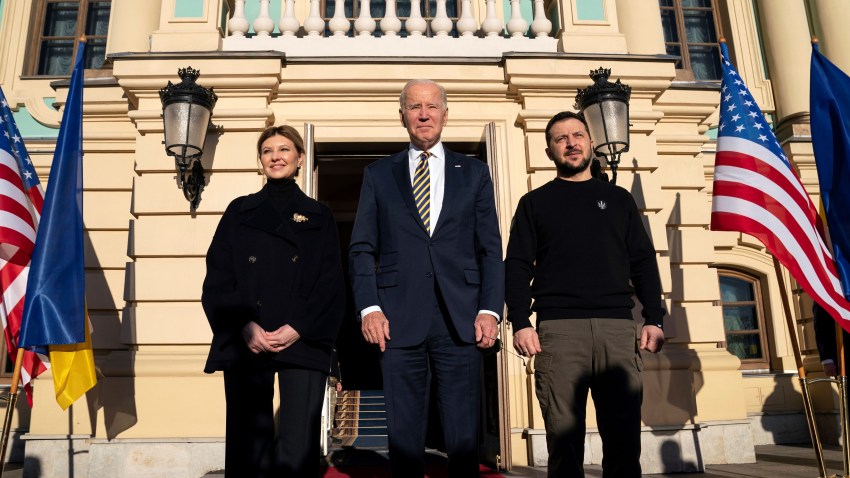Today at WPR, we’ve got stories on Benin’s counterproductive approach to countering violent jihadists and the potential global consequences of a Russian victory in Ukraine.
Get the Daily Review sent straight to your inbox every weekday.
First, though, here’s our take on today’s top stories:
Ukraine peace talks: A delegation of leaders and senior officials from several African countries are in Kyiv today meeting with Ukrainian President Volodymyr Zelenskyy before heading to St. Petersburg to meet with Russian President Vladimir Putin tomorrow. The two agreed to meet separately with the delegation—which includes the presidents of South Africa, Senegal, Zambia and the Comoros Islands—who are seeking ways to end the war in Ukraine. (AP)
Our Take: Russia’s invasion of Ukraine, and the resulting Western sanctions placed on Moscow, have had a particularly damaging effect on the economies of the Global South, which depend on both Ukraine and Russia for food imports and agricultural inputs.
As a result, a growing number of Global South powers have pushed for a negotiated settlement to end the war. Earlier this year, Brazilian President Lula da Silva called for a coalition of non-Western states to mediate peace talks, and just this month Indonesia also proposed a peace plan, though it was quickly dismissed by Kyiv.
Unlike Indonesia’s plan, however, a draft framework of the African leaders’ peace plan calls for Russia to withdraw its troops ahead of a cessation of hostilities, which Kyiv has said must be the basis of any settlement to end the war.
*****
U.S.-China: U.S. Secretary of State Antony Blinken will hold meetings in Beijing June 18-19 with Chinese officials, potentially including President Xi Jinping. Expectations are low that the talks will lead to any substantive breakthrough in relations between the two countries, but the meeting represents their highest-level diplomatic engagement since Presidents Joe Biden and Xi Jinping met on the sidelines of the G-20 Summit in Bali last November. (Reuters)
More Context from WPR: Yena Lee’s breakdown of the two sides’ most recent attempt to thaw relations last month.
*****
You can read the rest of today’s News Wire, a curated selection of one must-read article from every region, here.

A common argument for why the U.S. must support Kyiv in resisting Russian aggression is that a failure to stop Russia will give other powers the impression that they can pursue their interests with aggressive impunity.
But is that really the case? Columnist Paul Poast argues it isn’t.
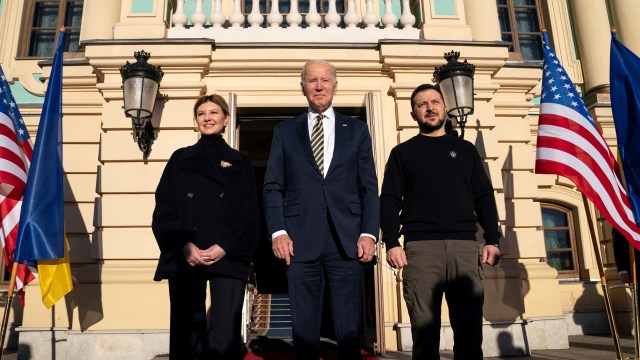
Taiwan’s Fate Doesn’t Hang on Defeating Russia in Ukraine
The U.S. should support Kyiv in resisting Russian aggression, but not because a defeat for Ukraine would have global implications. Read more.
Since 2021, the government of Benin has been battling a violent jihadist insurgency in the north of the country. But as Leif Brottem writes, rather than protecting and building the trust of its Fulani pastoralist communities, Benin’s U.S.-backed counterterrorism operations are targeting them with violent mass arrests, disappearances and expulsions.
Benin’s Approach to Fighting Jihadists Is Fueling the Cycle of Violence
Benin’s US-backed counterterrorism operation against jihadist violence is making a bad situation worse. Read more.
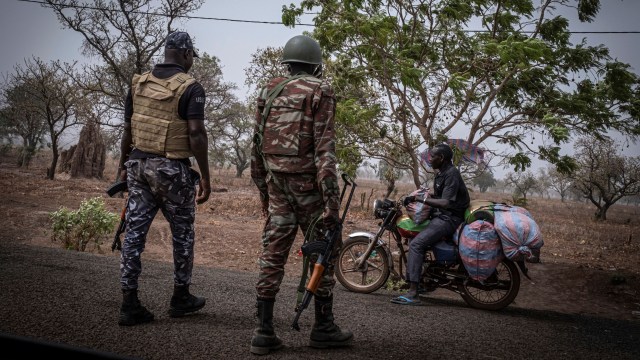

We want to hear your take on the issues we cover.
Global refugee crisis: The U.N. refugee agency’s annual report for 2022, which was released today, put the number of people forcibly displaced in the world at 110 million. Of them, 35 million are now refugees, fueling a global refugee crisis to which the countries of the Global North have responded by tightening border controls and limiting access to asylum, in part through third-county resettlement schemes that Matthew Gibney examined in his WPR in-depth article last week.
This week’s question: Should the Global North continue to restrict access to asylum, or should it instead make migration easier?
Just reply to this email to give us your take, along with your name and where you’re based. We’ll include the best ones we receive in the Daily Review next week. Those selected will also receive a free month of WPR.

Eight members, including the president, of Venezuela’s 15-member National Electoral Council announced they would resign Thursday ahead of next year’s presidential election. All eight members are allied with President Nicolas Maduro’s regime, so it’s unclear if the resignations were made in hopes of balancing the council or represent a maneuver on the part of the Maduro regime to more tightly control it.
Venezuela’s elections are likely to be neither free nor fair, and yet, as Mark Feierstein wrote in November, they remain the opposition’s best chance to take power, especially if negotiations with the Maduro regime include a push to make elections more democratic, as James Bosworth called for in September.
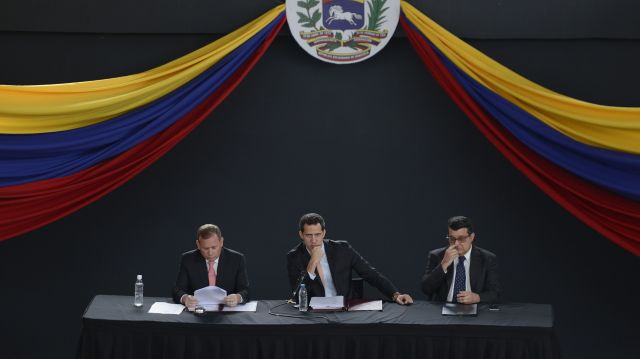
Elections Are Still the Best Hope for Venezuela’s Opposition
Nov. 4, 2022 | The Biden administration should leverage US sanctions to incentivize Maduro to allow for more competitive elections in Venezuela. Read more.
In Venezuela, Negotiating With Maduro Is the Worst Option—and the Only Hope
Sept. 26, 2022 | Negotiations, successful or not, between President Maduro and Juan Guaido are a necessary precondition to solving Venezuela’s crisis. Read more.
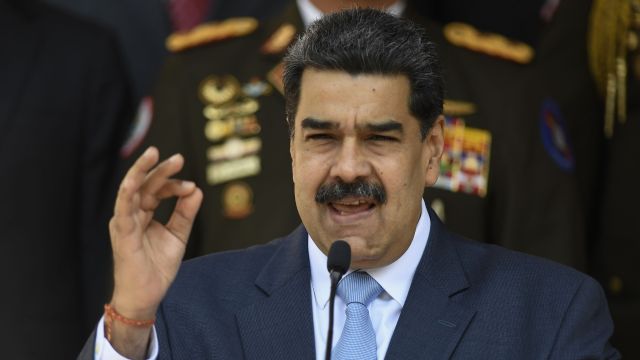
That’s all for today’s Daily Review. Coming up next week, we’ve got stories on U.N. peacekeepers’ failure to protect civilians in South Sudan and an update on Myanmar’s civil war.
Have a great day,
Jakob Cansler
More from WPR
- Samuel Ramani on Indonesia’s proposed peace plan for the war in Ukraine.
- Frida Ghitis on Montenegro’s turning point.
- Alexander Clarkson on Berlusconi’s populist heirs.
- Richard Javad Heydarian on Vietnam’s “multi-alignment” strategy.
Jakob Cansler is WPR’s assistant editor and the author of the Cansler Culture newsletter.

